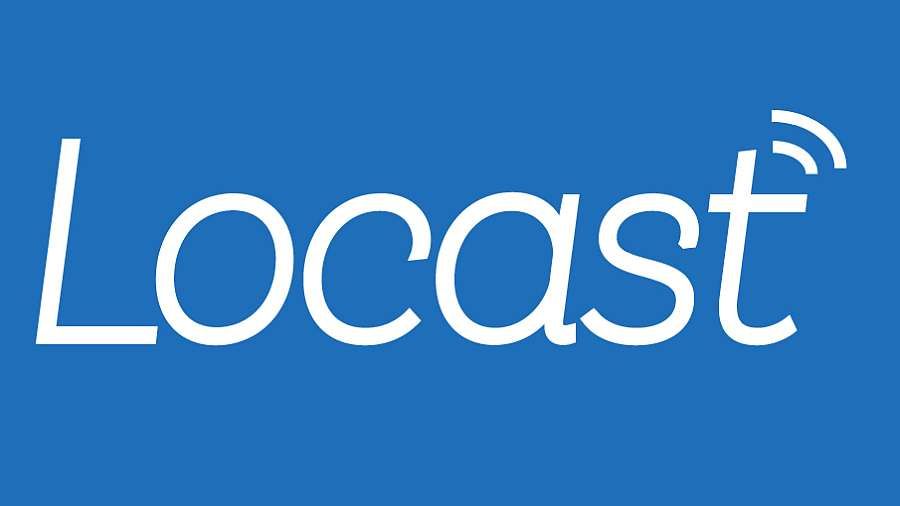AT&T Donates $500,000 to Locast

The smarter way to stay on top of broadcasting and cable industry. Sign up below
You are now subscribed
Your newsletter sign-up was successful
Locast, the free TV station streaming service, has gotten a big financial boost from AT&T, which said Thursday (June 27) it was contributing a half a million dollars to the service's nonprofit parent, the Sports Fans Coalition New York.
Locast streams local TV stations signals--geofenced to comply with FCC exclusivity rules--but does not have to negotiate carriage and/or payment from broadcasters due to a copyright exemption for retransmissions so long as the retransmitter doesn't turn a profit.
Locast has been rolling out in major and some smaller markets while seeking donations from users so it can pay for operating expenses. The more money it gets, the more markets it can add to its roster of free TV station streaming. Locast has said it wants to go nationwide ASAP but that depends on private donations.
It has been asking for help $10 bucks at a time, so the $500,000 is a big boost.
Describing Locast as a "public service" app, AT&T said it was contributing "to make free broadcast content available to consumers and offer them more choice."
The easier it is to get that free broadcast content during retrans blackouts--streaming it rather than using an antenna--the less leverage broadcasters have over MVPDs.
Locast is now available to over 32 million users in 13 cities. It started in New York in January 2018--B&C broke the story--and has been moving west ever since, most recently adding L.A. and San Francisco. AT&T added the Locast app to its DirecTV and U-verse receivers in May.
The smarter way to stay on top of broadcasting and cable industry. Sign up below
Backing Locast gives viewers another option--other than an antenna--to get their broadcast signals during retrans impasses, which could relieve some of the political pressure on MVPDs and broadcasters to reach retans deals, at least when broadband deployment is universal.
Locast takes advantage of a provision in copyright law that allows for the nonprofit retransmission of TV station signals without permission from the stations or the copyright holders of the content. It is the same provision that allows for translators to boost broadcast signals in hard-to-reach areas.
Broadcasters and studios have remained mum on the service, either trying to figure out what their legal strategy should be, given that copyright carve-out for the same translators used to extend TV stations’ reach and advertising eyeballs, or, as various sources have also suggested, due to a split between network-owned and non-network-owned stations.
That split could be because networks have been striking deals to deliver their programming over-the-top over various online platforms without the local ad avails that broadcasters get to place in that network programming.
Getting those extra Locast eyeballs for their broadcasts might not be such a bad thing.
Jon Lafayette contributed to this story
Contributing editor John Eggerton has been an editor and/or writer on media regulation, legislation and policy for over four decades, including covering the FCC, FTC, Congress, the major media trade associations, and the federal courts. In addition to Multichannel News and Broadcasting + Cable, his work has appeared in Radio World, TV Technology, TV Fax, This Week in Consumer Electronics, Variety and the Encyclopedia Britannica.

